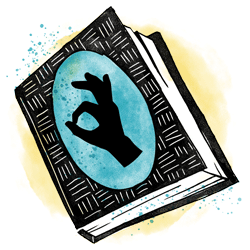Pure Lifestyle
Introduction
Discover your authentic self and create a lifestyle that feels true to you.

Most of us move through life on autopilot, shaped by expectations, routines, and unspoken pressures. But beneath it all, who are you? What do you truly want? This guided lifestyle journal helps you strip away the unnecessary, uncover your authentic self, and build a life that feels aligned.
This isn’t a rigid course with a set path—it’s an exploration of yourself and your lifestyle. Throughout, you’ll have access to journal prompts, readings, videos, resources, and inspiration designed to spark reflection and guide your journey. Some parts of yourself may not fully reveal their meaning until later, as insights build upon each other in an interconnected way. Take what resonates, revisit sections as needed, and trust that clarity comes with time and introspection.
We begin by identifying who you are—your affirmations, values, interests, strengths & weaknesses, fears, personality, purpose, and what you’re thankful for. This self-discovery process lays the foundation for everything that follows.
Next, we’ll focus on creating a balanced lifestyle through the 8 dimensions of wellness—physical, emotional, social, intellectual, spiritual, environmental, financial, and occupational. You’ll reflect on the actions you currently take in each area, evaluate how much energy you’re dedicating to them, and uncover where balance may be needed. This process ensures that your lifestyle supports your overall well-being and aligns with your true self.
From there, you’ll set clear, meaningful goals—both short-term and long-term—that align with your values and wellness needs. Finally, you’ll build the routines and habits necessary to make these goals a sustainable reality.
Rather than chasing quick fixes, this is about deep, lasting transformation. By the end of this journey, you’ll have a clear direction and the confidence to move forward with intention.



